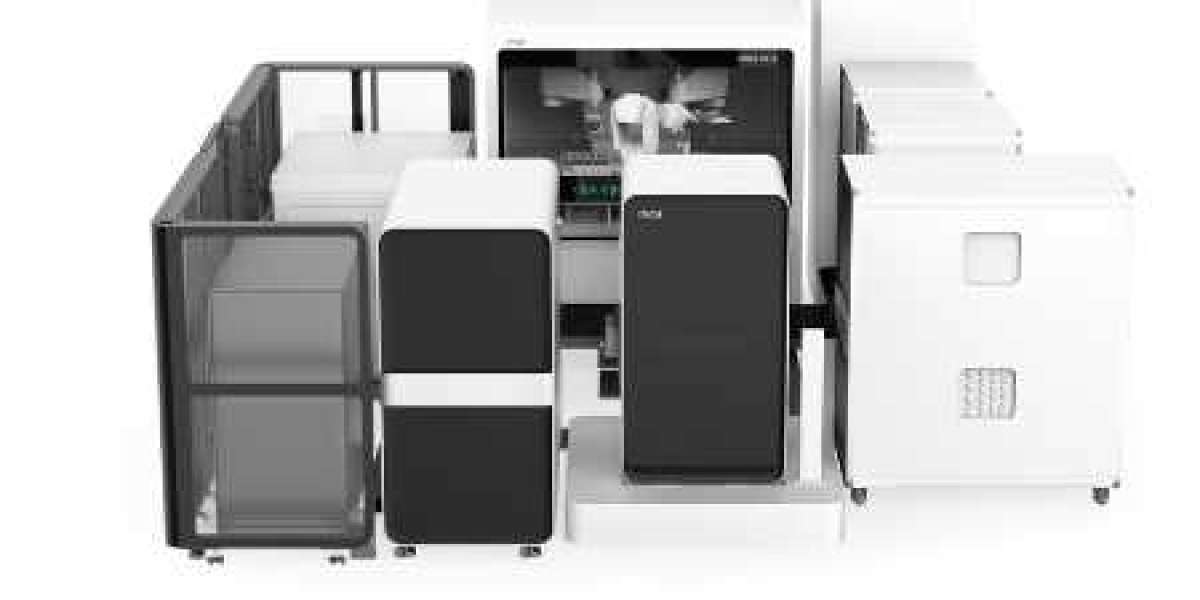Exposing Factory Farming: Cruelty to Animals, People Planet
Factory farming—intensive animal agriculture on an industrial scale—is one of the most harmful systems facing our world today. While it provides cheap meat, dairy, and eggs, the cost is staggering: a brutal toll on animal welfare, a threat to human health, and irreversible environmental damage.
Massive Animal Cruelty
Millions of animals—cows, pigs, chickens, turkeys, and more—are raised in cramped, restrictive environments. Chickens, for example, often live in tiny battery cages, unable to stretch their wings, while mother pigs are confined in narrow gestation crates that prevent turning around .
These conditions prevent natural behaviors like grazing, nesting, or social interaction, causing immense suffering.
Many animals endure painful mutilations—such as debeaking, tail-docking, dehorning—without any anesthesia or pain relief .
Transport to slaughterhouses can last hours or days in dangerous conditions, and stunning or humane slaughter is often absent or inadequate .
Alarming Human Health Risks
Factory farms are breeding grounds for disease. Overcrowding and poor hygiene lead to the widespread use of antibiotics—sometimes used prophylactically or even to promote growth—creating resistant bacteria (“superbugs”) that threaten human lives .
In the U.S. alone, nearly 11 million kilograms of antibiotics were used on food animals in 2017, contributing heavily to this global threat
Furthermore, factory farming is a known reservoir for viral and bacterial pathogens—Salmonella, E. coli, Campylobacter—that contaminate food and water, triggering outbreaks .
Environmental Devastation
These facilities pump out greenhouse gases like methane and nitrous oxide—potent contributors to climate change .
Factory farms also cause massive deforestation for grazing and feed crops, loss of biodiversity, and pollution from manure runoff that contaminates water bodies
Industrial agriculture depletes freshwater resources and pollutes soil and waterways with nitrates, phosphates, antibiotics, and pathogens
Ethical Social Consequences
Factory farming reflects a deep disconnect with animal sentience and dignity, reducing living beings to “units of production” . Various legal systems even exempt customary animal agricultural practices from cruelty laws, allowing these abuses to continue unpunished
Remarkably, public opinion opposes this: surveys show that 93% of Americans reject farm animal suffering and support stronger regulatory protections .
Advocacy groups like FOUR PAWS, PETA, ASPCA, and Compassion in World Farming continue to expose cruel practices and push for change
Paths Toward Change
Regulatory Reform – Enforce bans on cruel practices (e.g., battery cages, gestation crates), limit antibiotic misuse, and improve transportation and slaughter standards
Ethical Investments – Support farming systems centered on animal welfare: free-range, pasture-raised models, and agroecological systems preserving biodiversity.
Consumer Awareness – Shift diets toward plant-based, vegetarian, or less meat-intensive meals. Demand transparency and welfare labels when purchasing.
Grassroots Activism – Empower communities, students, and youth to lobby for progressive food policies, document abuse, and press for reform.
A Vision for the Future
The future we deserve is one where nourishment comes from systems that both respect sentient lives and protect the planet. As Cruelty.Farm eloquently states, we must “reveal what factory farming wants to conceal” and build a world that values compassion over efficiency
By combining legislation, sustainable farming, market pressure, and personal choices, we can dismantle the cruel foundations of industrial animal agriculture. Change starts with each of us: with every meal, purchase, and voice for animals, people, and our shared Earth.

